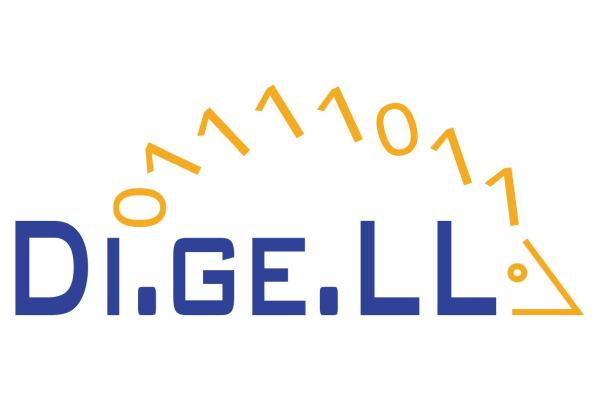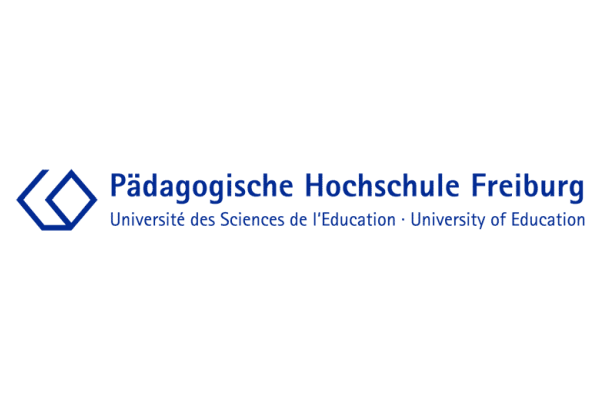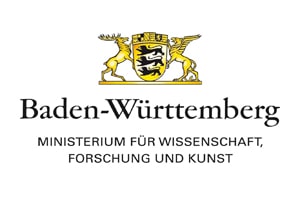
Research Training Group
Digitally-supported teaching-and-learning environments for cognitive activation
Description
In the first and second funding periods , the research training group “Digitally-supported teaching-and-learning environments for cognitive activation” aims to design and empirically validate research-based teaching and learning methods with digital tools for use in existing teaching practice.. This involves developing digital tools that are effective for learning as well as generating knowledge about successful digital support for subject-related teaching and learning processes.
Typical instructional designs in the school classroom combine multiple phases to introduce novel content. Digital tools can be usefully introduced at various points. Students’ learning success depends on the quality of the digital teaching-learning settings.
In the classroom, such settings usually consist of a sequence of linked phases that pursue different purposes in achieving learning objectives. Di.ge.LL focuses on learning settings in which a divergent first learning phase (e.g. for individual exploration and prior knowledge activation) is followed by a convergent second learning phase (e.g. for consolidation and abstraction).
In Di.ge.LL-1, research focused on the the divergent first phase.
Di.ge.LL-2 examines the influence of specific digital tools in the subsequent convergent teaching phases.
The research in both funding periods is based on the guiding principle that it is essential for the effectiveness of cognitive activation whether and how digital tools stimulate cognitive activities (e.g. activating, generating, reflecting, integrating) that are conducive to learning. The central question – from the perspective of research and practice – is therefore how these tools must be designed so that the cognitive activation also leads to the intended cognitive activities of the learners and to the desired learning success. This question is being investigated in various subjects using different digital tools on the basis of an empirical analysis of the use of the tools.




